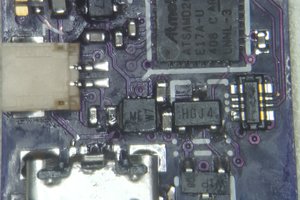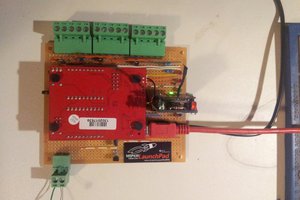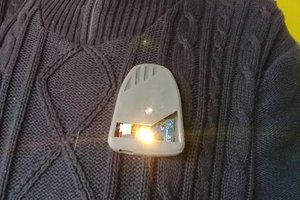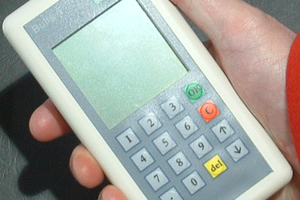This board is more than just a simple solar charger.
It prioritizes flexibility/modularity over efficiency.
Features Overview
Power Input
- 2.4-15V input from solar cells or other power sources
- Adjustable Maximum Power Point Control (MPPC)
Charger
- Undervoltage protection when the battery overdischarges
- Overdischarge current protection
- Overvoltage protection when the battery overcharges
- Overcharge current protection
- Battery temperature sensor
- Compliant with JEITA charge temperature specification
- Battery fuel gauge
- Battery capacity adjustment with aging/temperature
Other Features
- Holder for a single AA sized Li-Ion or Li-Po battery
- Real Time Clock
- I2C level shifter
- ESP-01M WiFi module (optional)
- I2C programmable Buck Regulator 0.6-3.75V (1.8V default) Current Limit: 100-400mA
- I2C programmable Buck-Boost Regulator 1.8-5.5V (3.3V default) Current Limit: 100-800mA
- "Shipment Mode"
- Breadboard friendly design
- Multiple mounting options
 Leonard Pollak
Leonard Pollak
 DrYerzinia
DrYerzinia
 PK
PK
 Xasin
Xasin
 Boz
Boz
Everyday life can be tough. But with the Army Knife, it doesn’t have to be. This soft armor is made by heavy-duty material, a saw for all materials, scissors, and much more. Made from stainless steel, the Army Knife is made to help you tackle any situation life throws at you.